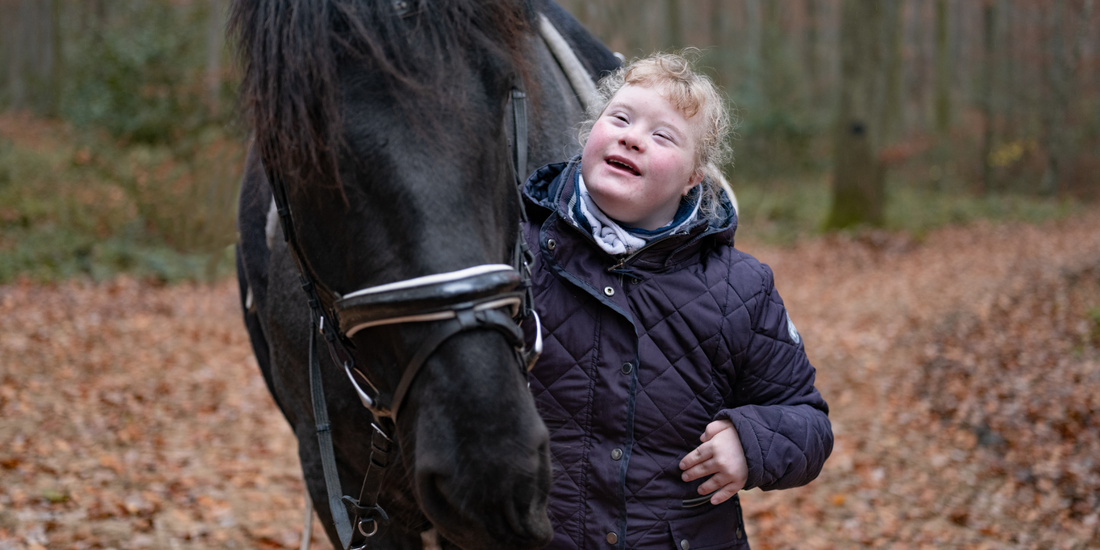Horseback riding is not only a fun pastime but also has therapeutic benefits for individuals with disabilities. The physical and emotional connection with the horse can provide a sense of freedom and independence, as well as physical, emotional and cognitive benefits. Here are some of the therapeutic effects of horseback riding for individuals with disabilities:
Physical therapy:
Horseback riding can provide a unique form of physical therapy, as the horse's movement simulates a human gait, which can help improve balance, coordination, and muscle strength.
Emotional therapy:
Horseback riding can provide emotional therapy, as the connection with the horse can help improve self-esteem and self-confidence, as well as help with stress and anxiety.
Cognitive therapy:
Horseback riding can provide cognitive therapy, as the rider needs to focus on the horse, the riding and the surroundings, which can help with concentration and memory.
Social therapy:
Horseback riding can provide social therapy, as it can help individuals with disabilities to interact with other people and animals, which can improve socialization and communication skills.
Adaptive therapy:
Horseback riding can be adapted to the needs of the individual with disabilities, which can help to improve their physical, emotional and cognitive abilities.
Recreational therapy:
Horseback riding can provide recreational therapy, as it can be a fun and enjoyable activity that can help individuals with disabilities to improve their quality of life.
Horseback riding programs for individuals with disabilities are usually provided by certified therapeutic riding centers, which are staffed by trained professionals and use specially-trained horses. These programs are designed to meet the individual needs of the riders, and are often tailored to the specific disability. The benefits of horseback riding for individuals with disabilities are many and varied, and can greatly improve their overall well-being.

